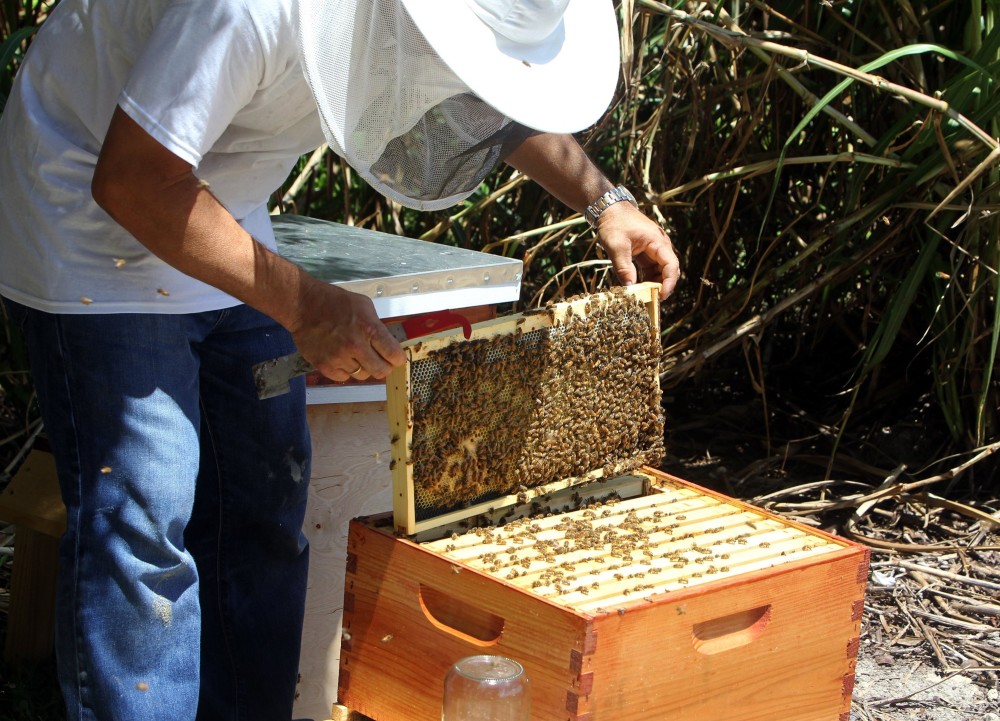By Joe Wojtas
The Day, New London, Conn.
STONINGTON
Kelsey Julius, a 2008 Stonington High School graduate, and four of her classmates from HEC in Paris will compete tonight at the Clinton Global Initiative in New York for $1 million in seed money to implement their idea of using bees to detect diabetes and tuberculosis in the breath of those living in urban slums in developing nations.
Julius’ team is one of six university finalists from an original worldwide field of 11,000 that will have eight minutes to present their idea to a panel of judges that include CNN Chief Medical Correspondent Dr. Sanjay Gupta. After the presentations, former President Bill Clinton will announce the winner of the Hult Prize.
“The Hult Prize is a start-up accelerator for budding young social entrepreneurs emerging from the world’s universities. Named as one of the top five ideas changing the world by President Bill Clinton and TIME Magazine, the annual competition for the Hult Prize aims to identify and launch the most compelling social business ideas-start-up enterprises that tackle grave issues faced by billions of people. Winners receive USD 1 million in seed capital, as well as mentorship and advice from the international business community,” according to the Hult website.
This year, teams were given the task of finding solutions for non-communicable diseases in urban slums, a topic chosen by Clinton.
Julius’ team began its work last September and was selected to compete in one of six cities around the world that would choose a finalist. Her team won the London competition.
“When we went to London, we just said, ‘Let’s not embarrass ourselves.’ We were absolutely shocked that we won,” Julius said Monday from New York as her team made the final preparations for tonight’s presentation.
After its victory in London, Julius’ team joined the other finalists from MIT, the University of Pennsylvania, York University in Toronto, The Indian School of Business and ESADA Business School in Spain for a six-week accelerator program in Boston to further develop their plans.
Julius’s team spent six weeks working with the Joslin Diabetes Center to conduct clinical trials and refine its business model.
“Some really promising preliminary data come out of our clinical trials,” she said.
Julius explained that although teams could not work on health prevention, her team wanted its project to have as early an impact on the disease process as possible.
While conducting their research, her team came across a study of dogs being able to detect the early stages of cancer.
At the end of the study was a brief mention that bees have similar olfactory systems. As they expanded their research they found bees could be trained to detect substances such as explosives, narcotics and cancer.
Julius, who is completing her graduate work at HEC, explained how her team’s idea works.
If bees are given sugar water to feed on when exposed to certain biomarkers such as those found in the breath of people with diabetes, they quickly learn to stick out their proboscis extension to feed. Going forward they will extend their proboscis extension when exposed to the same biomarkers.
Her team designed a device that holds the bee in a harness, while a person exhales into it. A magnifying glass allows researchers to view the action of the proboscis extension.
The HEC team also discovered in its research that those with diabetes in urban slums have three times more likelihood of having tuberculosis.
It has also set up a pilot project in Mumbai, India, that works with a local organization to set up hives and a training center.
If Julius’ team wins tonight, she said it will use the money on additional research, expanding the technique to other diseases, setting up hives and training and management salaries.














































































































































































































































































































































































